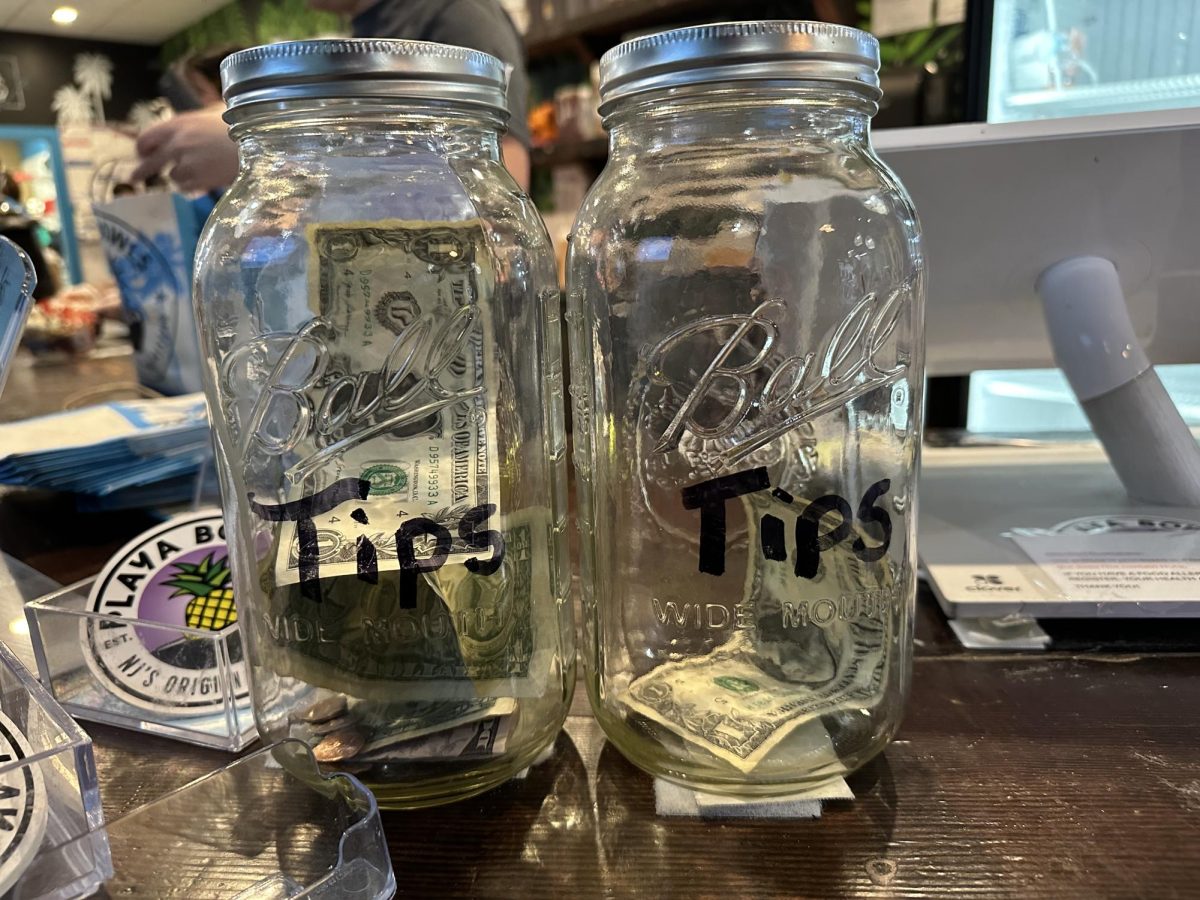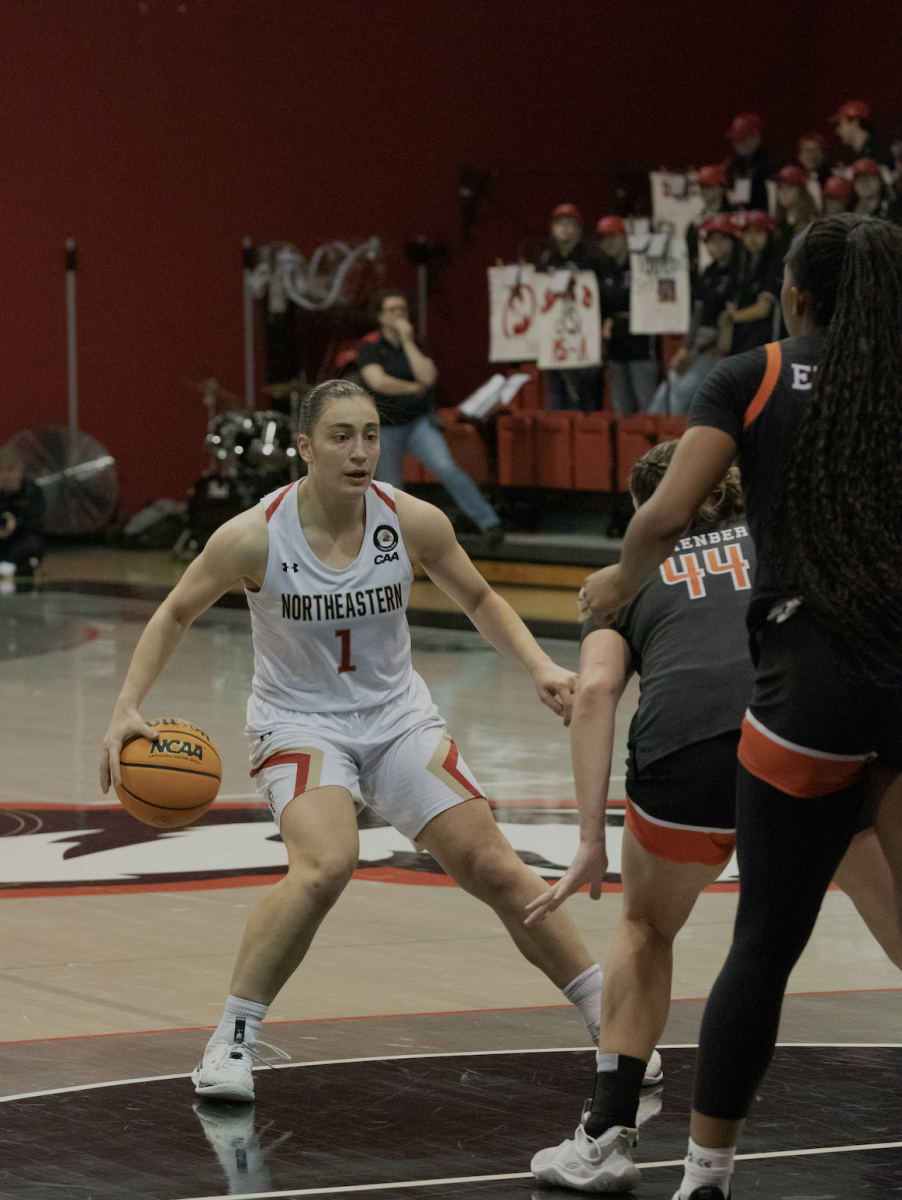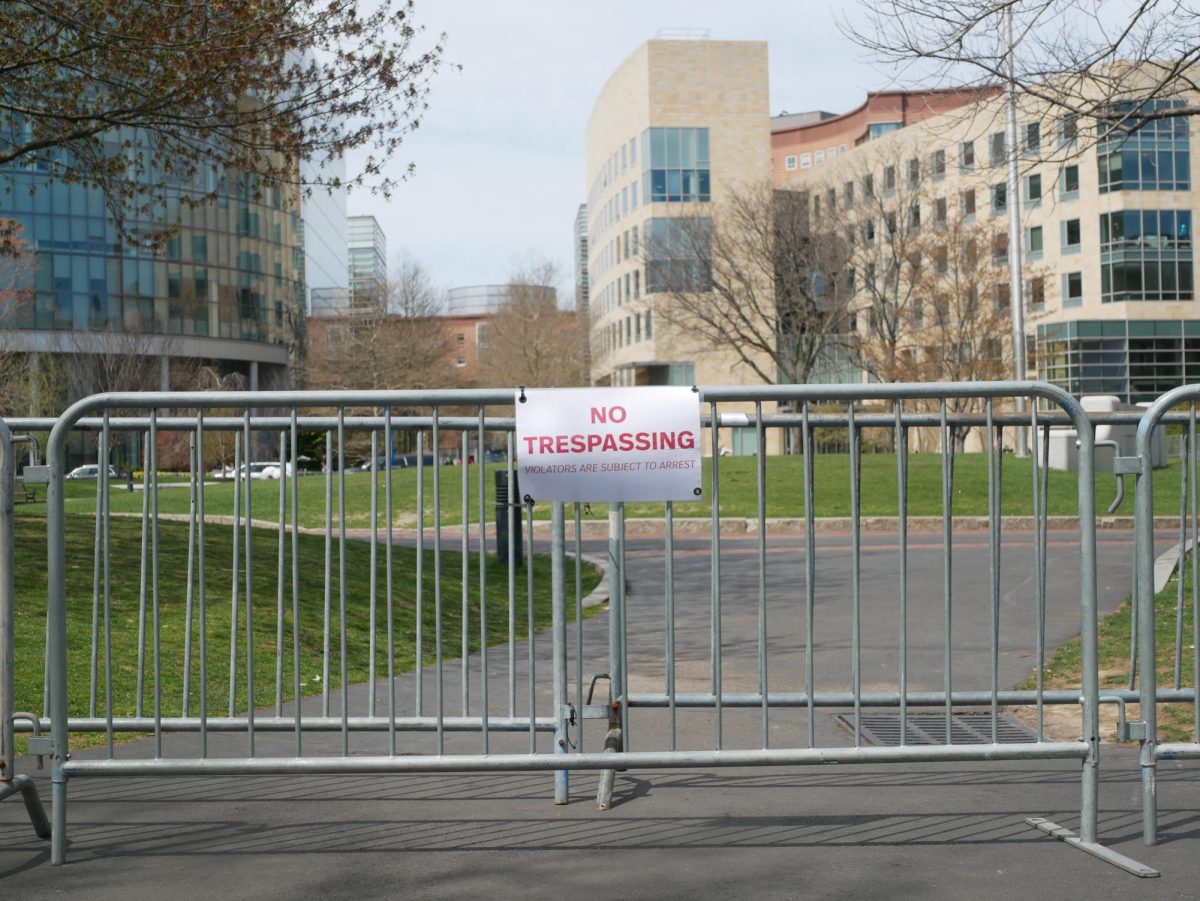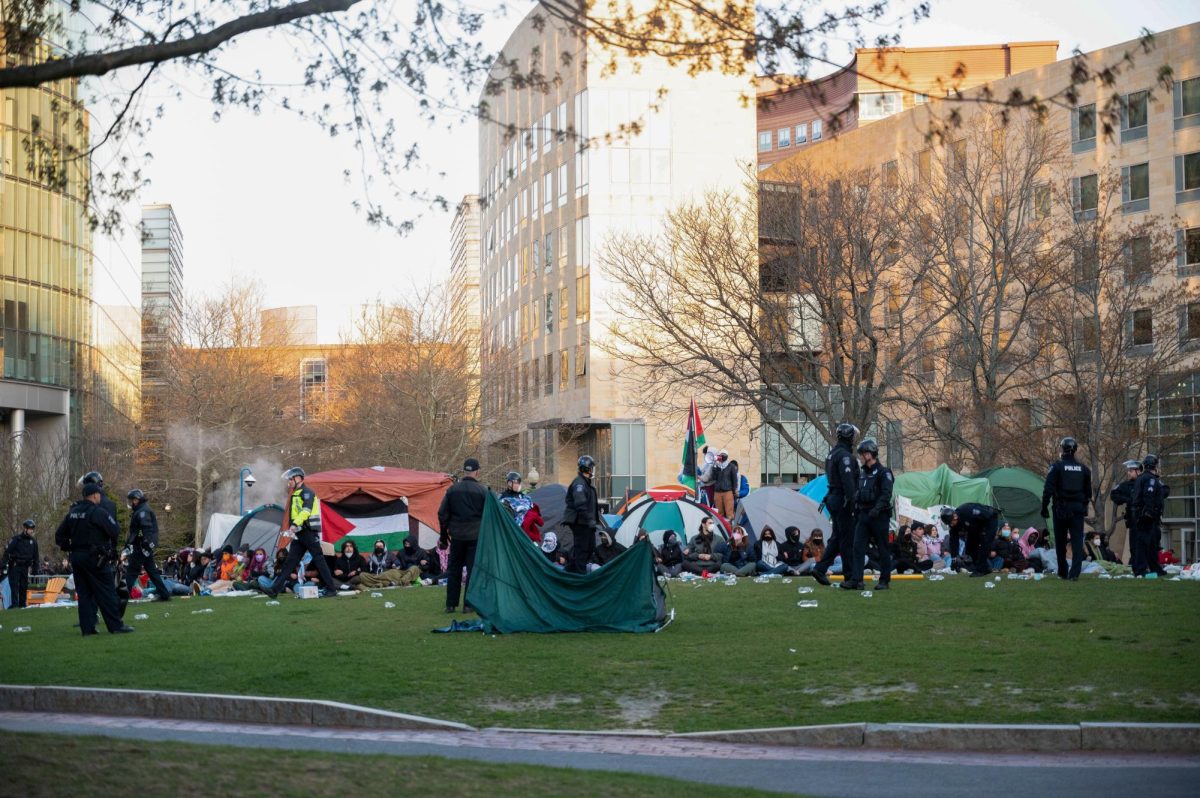Northeastern’s international student community is facing a period of uncertainty as the university is now required to use the federal government’s new electronic system for tracking and monitoring students from foreign countries.
The Student and Exchange Visitor Information System is a government program that was implemented Jan. 30, 2003, though it has been nearly a decade in the making. Colleges throughout the country must begin using SEVIS by August 1.
“Monitoring international students is not new and is not a result of September 11, though the World Trade Center attacks may have expedited things somewhat,” said Scott Quint, assistant dean of the International Student and Scholar Institute and director of the International Student Organization. “SEVIS is just a new electronic program from the federal government to organize what we’ve already been doing.”
According to Quint, regulations for the monitoring of international students have been around since the first attempted terrorist attack on the World Trade Center in 1993. He says that SEVIS is the culmination of nearly a decade of work and was finalized last December. Originally, SEVIS was run by the Immigration and Naturalization Service, but that agency has since become a part of the Department of Homeland Security. The newly created Bureau of Immigration within Homeland Security directly handles SEVIS.
The program creates a database where information about international students attending universities in the United States is uploaded so that it can be reviewed and monitored by the government. Information such as class schedules, majors, addresses and employment are stored in the database. International students must notify the university and federal government of any changes in address or class schedule.
If students drops below 12 credits after 30 days into an academic term, they have to provide a valid reason for doing so or possibly face deportation. The government deems what is a valid excuse, such as a serious language or cultural barrier or financial situation. Quint says that while some students may feel uncomfortable and see this as intrusive, many accept the fact that this is the way it is done.
“This is simply a more rigorous way of enforcement,” said Senior Vice President of Enrollment Management and Student Life Philomena Mantella.
Some difficulties that the university expects to have are the length of time it takes to obtain a student visa and the affect SEVIS will have on the admissions process. The longer it takes for a prospective student to obtain a visa, the sooner the admissions cycle must begin to allow for a timely entry into the university.
Mantella says that while the added rigour puts some pressure on students, she tries to focus on the positive aspects of SEVIS. The university and international student community must communicate more often under the new program, and Mantella sees that as an opportunity to interact with them and make foreign students feel like they are a part of the Northeastern community.
“The first tool to succeed is informing people of this process,” Quint said. “[SEVIS] is 300 pages of legislation and that can be difficult for lawyers to get through and understand, nevermind college students.”
While Quint says he is confident in Northeastern’s ability to handle the situation and make it as easy as possible on students, there are still several questions yet to be answered. Because SEVIS is in its initial stages and U.S. colleges still have until Aug. 1 before they have to officialy begin using the program, Quint and Mantella said that questions about the program’s effectiveness are hard to answer. Both say the next several months will reveal strengths and weaknesses in SEVIS, but they hope there will be more of the former.
Quint and Mantella say they are unaware of any one country that will come under more scrutiny during this process, though there are several countries that the government monitors a little more closely than others. Some of those countries include Iraq, Iran, Lybia and Syria.
There are also several majors that the federal government pays specific attention to, such as chemical engineering, biology and other academic programs that might have any relation to the production of weapons. Pilot schools are also closely watched now.
“There are a lot of things that we have to wait and see about,” Quint said. “My concern is not what might happen when a student accidentally violates a regulation like changing classes without notice, but what might happen after repeated infractions.”
Quint and Mantella agree that there will be difficulties, but they hope to offset those problems by focusing on benefits of the program such as increased inter-department coordination and communication with the international student body.
The News will follow the progress of the SEVIS program over the next several weeks. Next week’s story will focus on international students and how their lives are affected by this system used to monitor them while they receive an American education.














